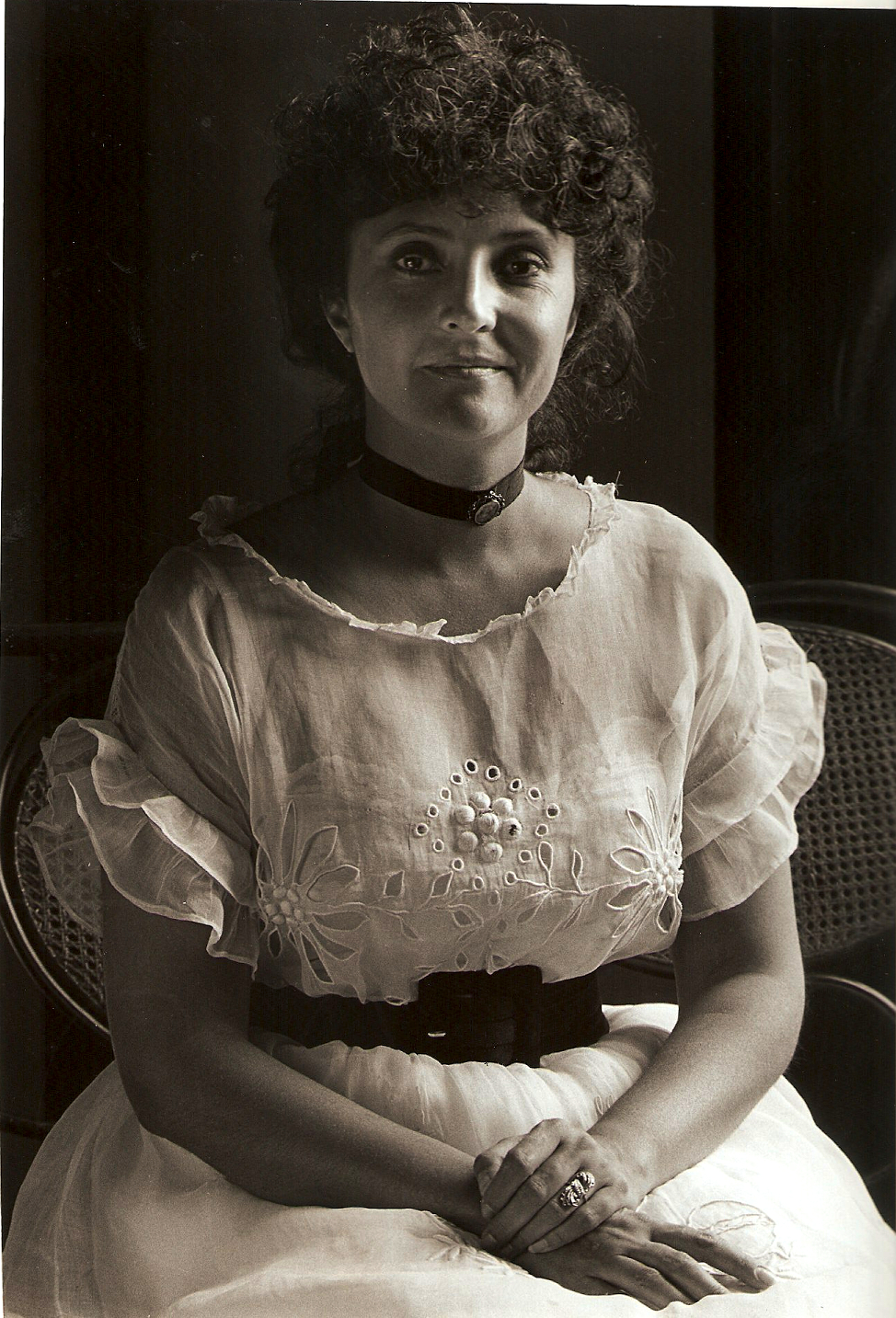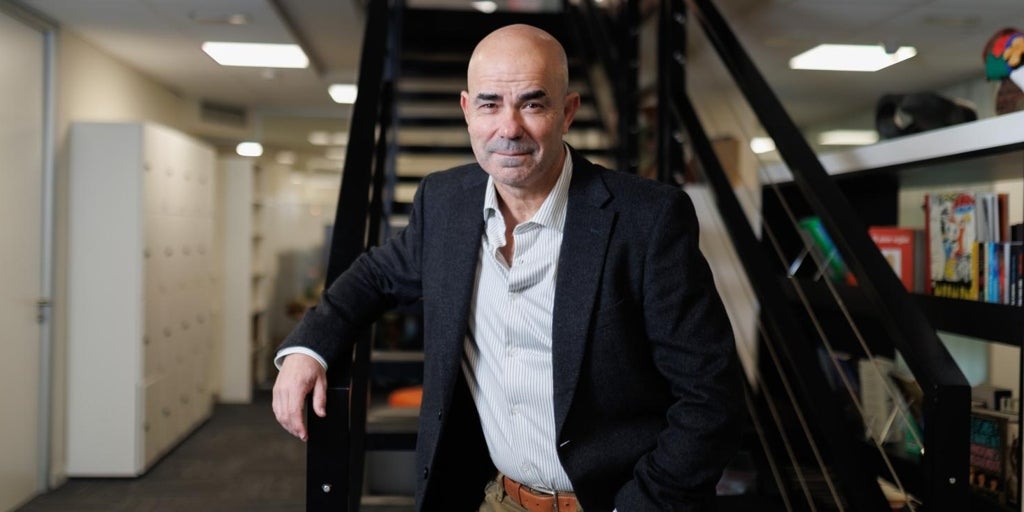'Art is the only way to disobey the system': writer Laura Esquivel, one of the guests at CELAC

Mexican writer Laura Esquivel spoke with EL TIEMPO about education, art and politics during her visit to Santa Marta, where she is one of the guests in the cultural section of Celac.
The author of 'Like Water for Chocolate' reflected on the role of women, bioculturalism, and the urgent need to reconnect with ancestral knowledge. Her talk, 'Creation: A Political Act and an Act of Resistance,' will be held in the alternative hall of the Santa Marta Theater on Sunday, November 9, at 3 pm. She will be joined by Patricia Ariza and Julia Buenaventura.
What should events like CELAC Cultural leave behind beyond the written word? We can only contribute with our words, our presence, and our proposals. True transformations are born from the people, from communities that reconnect with their past. Change will not come from international organizations, but from within, from the micro to the macro level.
Her talk is titled 'Creation, a political act and an act of resistance'. What has been her greatest act of resistance? Art itself is an act of resistance. I have always believed that education should be through art. Only when imagination enters the picture do we begin to change reality. As Augusto Boal said, when you visualize yourself changing the world, you are already changing it, because thought and word are energy.
He has said that neoliberalism is a “predatory and suicidal” model. How can it be combated? Revaluing nature and ancestral knowledge. Countries like Colombia have preserved sacred reserves that are a treasure for humanity. We must return to planting, to asking grandmothers and healers how to bless life. This isn't knowledge from Harvard; it's the knowledge of the earth.
You differentiate between “women” and “the feminine.” What do you mean by that? I'm not just talking about women; I'm talking about the feminine, which is also present in men. It's the energy of nurturing, of cultivating, of life. In the last hundred years, 70% of the world's seeds have been lost, and that's related to having broken our connection with the feminine, with the earth itself.
How do you evaluate cultural policies in Latin America? Most are misguided because they respond to external economic models. Our farmers are abandoning corn cultivation to grow coca. Policies must restore dignity to agriculture, to cacao, to corn, to potatoes. Culture is inseparable from the land: without nature, there is no culture.
What does the concept of bioculturality mean to you? It means understanding that culture is born from the life that surrounds us. There is no culture without land, without water, without community. But we live in an educational model that trains us to obey, not to create. We need an education that teaches conscious disobedience.
What worries you about the current educational model? It has been built on obedience. From kindergarten, children are taught to wait for permission even to go to the bathroom. This stifles their will, which is the greatest gift we possess. We need to cultivate disobedient beings, capable of acting, of transforming their environment, not of submitting to it.

Mexican writer Laura Esquivel. Photo: Courtesy of the writer
I have followed her path with joy. It is a story about women who transform the world from within. I disagree with the HBO version: they turned a story of emotions and tradition into a novel about revolution. My story speaks of inner alchemy, not weapons.
In his book 'What I Saw' he revisits the past. What did he want to show? It's a collective biography. I grew up in a world without plastic, where everyone knew each other and shared. We believed that modernity was progress, and we ended up surrounded by garbage and loneliness. But we can still go back: there are other ways of living, simpler and more humane.
eltiempo




